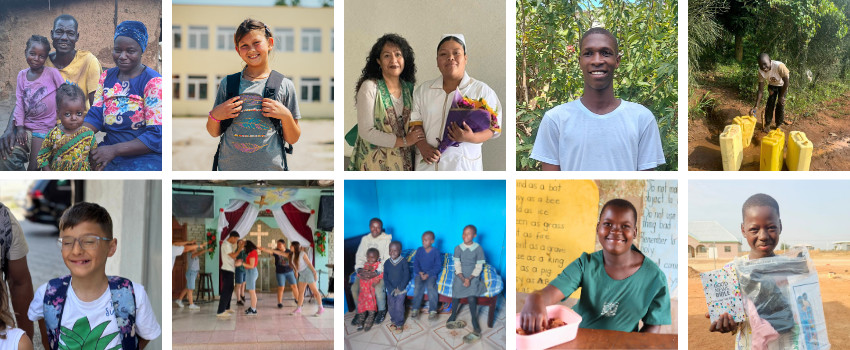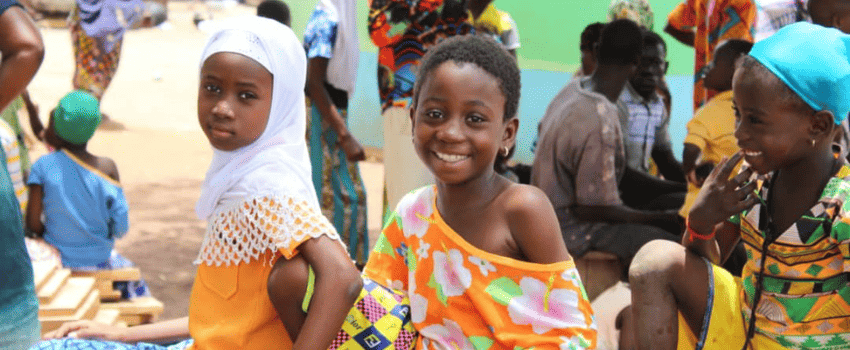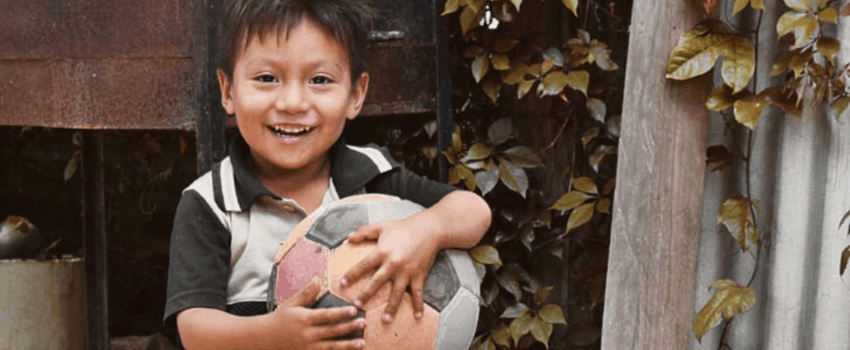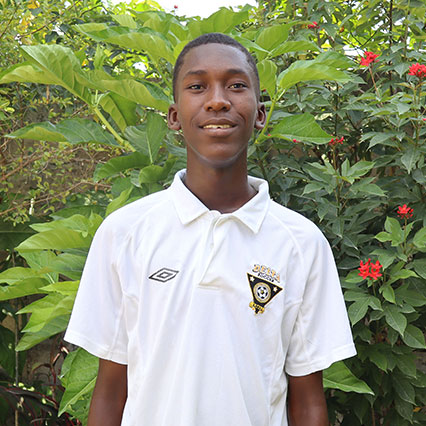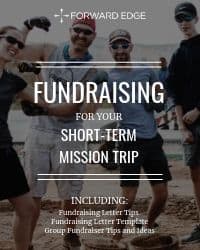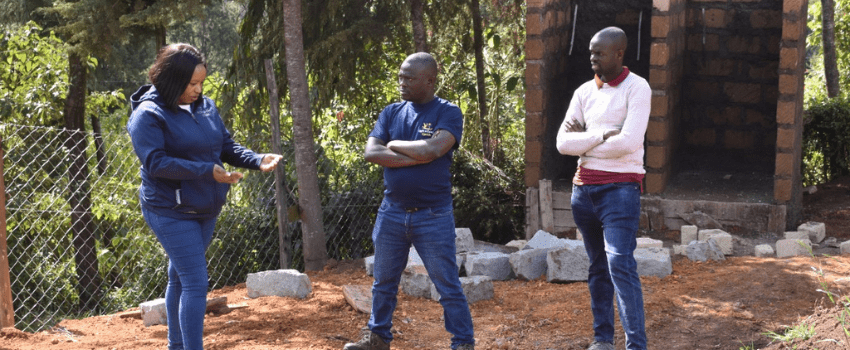
Two Countries, One Purpose
Relationships are everything. And it’s not just those in the U.S. reaching out to other countries; it’s the entire Global Church engaging with and learning from each other. As an organization, we seek to foster and steward those vital relationships. Recently, the director of our Uganda children’s program, Bonny Lugayizi,

